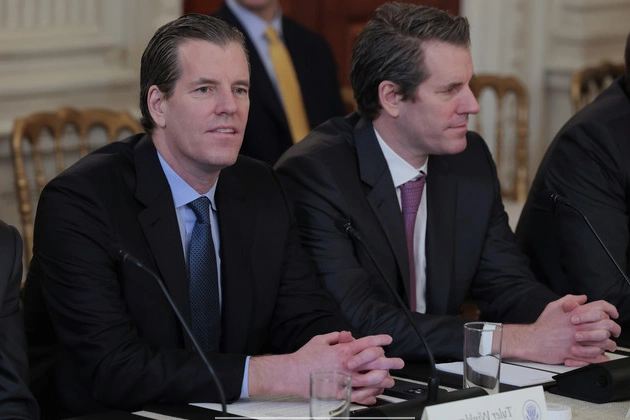
The cryptocurrency industry faced a legal onslaught from the Securities and Exchange Commission — and emerged victorious. Now, key players within the industry are challenging the SEC’s authority and seeking retribution.
Pushing for Accountability
Following President Donald Trump’s election, supported by significant crypto contributions, industry leaders are flexing their political muscles by demanding transparency and justice from the SEC. Coinbase’s CEO, Brian Armstrong, and Ripple’s top lawyer, Stuart Alderoty, are spearheading the movement to boycott law firms hiring former SEC personnel involved in the crackdown. They are also urging the SEC to disclose the expenses incurred in investigating crypto companies during Gary Gensler’s tenure.
Industry Backlash and Legislative Efforts
This industry backlash is propelling legislative endeavors to redefine the SEC’s jurisdiction over crypto, a top priority for lawmakers. Rep. Bryan Steil emphasized the need to establish clear regulatory oversight to prevent past enforcement abuses.
However, this resistance signals a new confrontational era for federal agencies under the current administration. The contentious relationship between crypto and the SEC is evolving, with expectations of a more crypto-friendly approach from the agency.
Concerns for SEC Staff
While some SEC commissioners defend the agency’s actions, there are growing apprehensions among staff members. The industry’s scrutiny is impacting job prospects for former SEC employees, raising ethical concerns within the legal community.
Industry Dynamics and Regulatory Uncertainty
The prevailing discontent stems from the abrupt enforcement actions taken by the SEC against crypto firms, followed by a strategic retreat under the new leadership. The unresolved grievances highlight the need for regulatory clarity and accountability.
Future Perspectives and Industry Response
As the industry navigates this regulatory landscape, voices from within crypto echo calls for accountability over retribution. The focus shifts towards constructive engagement with regulators to prevent future regulatory overreach.
Overall, the industry’s standoff with the SEC reflects a pivotal moment in shaping regulatory frameworks and fostering a collaborative environment for sustainable growth.











